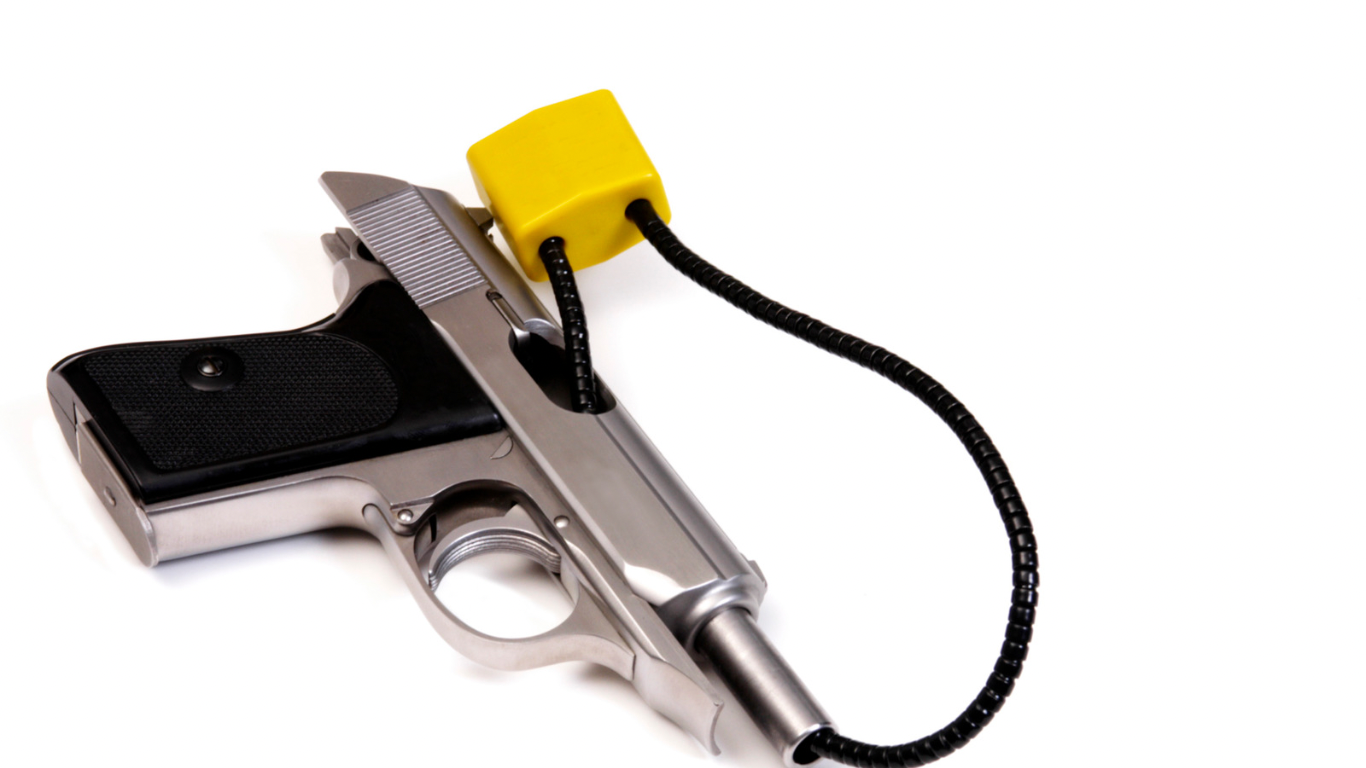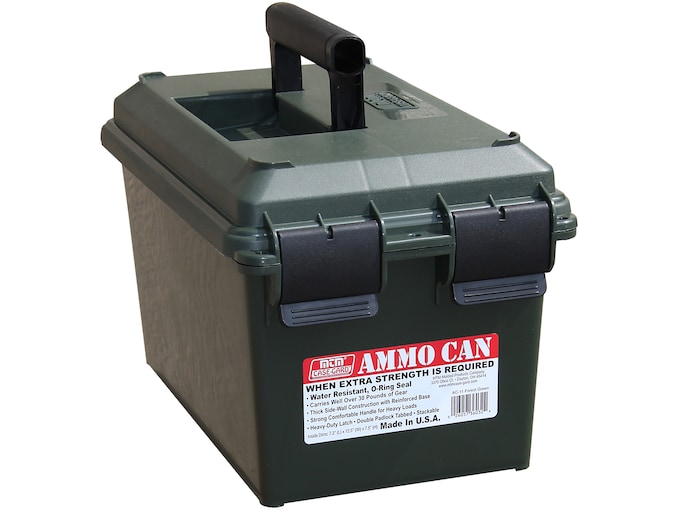Guns on boats have remained a contentious topic in the boating community. Many boat-owners believe that they need to have a gun on board for self-defense, whereas others argue that carrying firearms on ships is unnecessary and potentially dangerous. In this blog post, we will explore the debate surrounding guns on boats, the legalities of carrying firearms, and the steps one needs to take to ensure that their right to self-defense is upheld while staying safe at the same time.
Be Prepared
Carrying a gun on board means being prepared for emergencies. Many boat-owners believe that having a gun tucked away somewhere on the boat gives them peace of mind in case of an attack by pirates, thieves, or even wild animals. While having a firearm on board might seem like a good idea, it is important to keep in mind that it can be more dangerous than helpful if the necessary precautions are not taken. To avoid accidents, one must take proper safety training courses and keep the gun locked in a safe, inaccessible to those who do not have the knowledge or experience to handle it safely.
Compliance
One of the most significant concerns about carrying guns on boats is compliance with laws and regulations. Countries around the world have varying laws on carrying firearms, and these can change depending on whether you are in your country of origin or a foreign country. It is your responsibility to familiarize yourself with the regulations and obtain the appropriate permits and licenses before boarding your boat with a firearm. Rules regarding firearms while in transit, including international waters, can be strict and carry severe penalties if violated.
Self-Defense
One of the benefits of carrying guns on boats is the right to self-defense. In countries where owning and carrying firearms is legal, the use of force to defend oneself in high-risk situations may be permissible. However, it is essential to understand when and how to use force. One must only use force when it is necessary to protect themselves or someone else from eminent danger. Otherwise, the use of force can be illegal and lead to criminal charges and civil lawsuits.
Safety
Another issue with carrying firearms on boats is safety concerns. Accidental discharges and fires can occur if guns are not stored correctly, leading to serious consequences. Gun owners need to understand how to transport firearms safely to avoid accidents on board. It is advisable to keep the gun locked in a safe and separated from ammunition to prevent accidental discharges. Additionally, owners should regularly clean and maintain their firearms, ensuring that they are always in proper working order.
Conclusion
In conclusion, carrying guns on boats is a matter of personal choice and preparation. While some boat-owners believe that having a firearm on board is a necessity, others argue that it presents more danger than protection. It is essential to be informed of the laws and regulations surrounding firearms and to take appropriate measures to ensure safety and compliance. Ultimately, the right to self-defense is of primary importance, but it must be exercised with prudence and responsibility. Carrying a gun on board should thus be taken seriously and only done with the proper knowledge, experience, and precautions.






